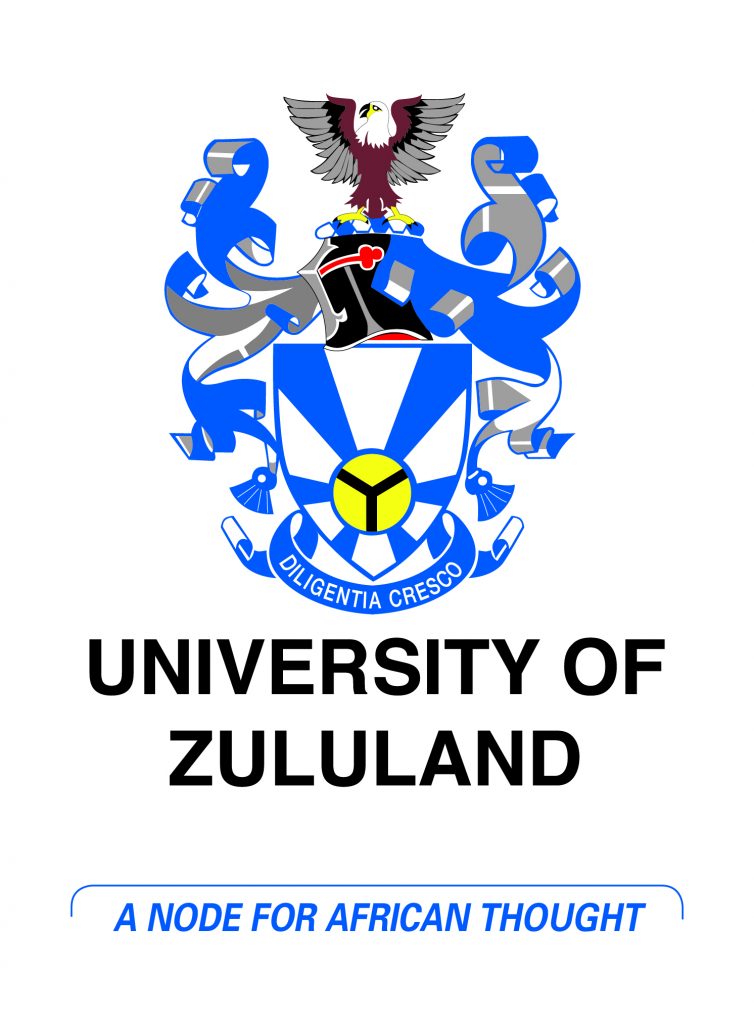Original Research
Merging Lesotho’s opposed education systems for successful comprehensive sexuality education
Submitted: 25 January 2023 | Published: 11 April 2024
About the author(s)
Rasebate I. Mokotso, Department of Religion Studies, Faculty of Theology and Religion Studies, University of the Free State, Bloemfontein, South Africa; and Department of Language and Social Education, Faculty of Education, National University of Lesotho, Roma, LesothoAbstract
Through decolonising autoethnography, I propose that comprehensive sexuality education (CSE) be collaboratively delivered by Lebollo and mainstream school systems. I started out by flattering United Nations Educational, Scientific and Cultural Organization’s (UNESCO) work on CSE but lamented the organisation’s focus on conventional education while ignoring the oldest indigenous institution that had long taught CSE. Additionally, I discovered that Lebollo is not only disregarded but also held accountable for the mainstream CSE’s failure. In order to disprove this charge, I conducted an analysis of the Lebollo educational system using a decolonising interculturality perspective. I proposed that colonialism plays a part in the conflict between the two educational systems, which not only encourages avoidance of Lebollo but also negatively affects its transformation from ancestral Lebollo, failing to provide high-quality CSE. However, the setbacks are viewed as a chance for Lebollo to demand mainstream CSE. Decolonising interculturality is therefore necessary as both sides interact without appropriating one another’s educational foundations. Decolonial pedagogy for stakeholders in these school systems is proposed as a strategy to bring the two antagonistic systems together. The intention is to raise awareness of colonial divisions and the understanding that the two distinct school systems can rely on one another. To allow students from these two schooling systems to traverse across the border dividing them and draw on various learning experiences for effective CSE, border pedagogy is suggested as a solution.
Contribution: The study adds to the ongoing global discussion on the acceptance of indigenous pedagogies and epistemologies.
Keywords
Sustainable Development Goal
Metrics
Total abstract views: 497Total article views: 393
